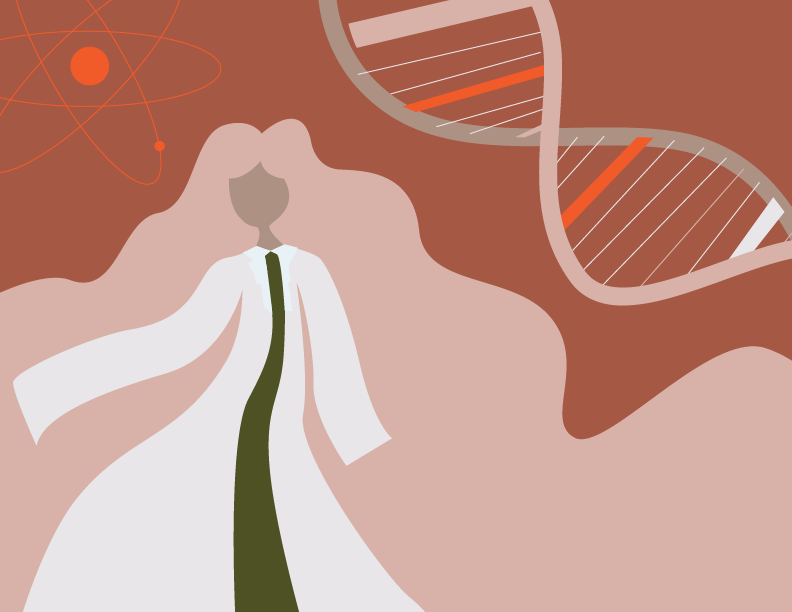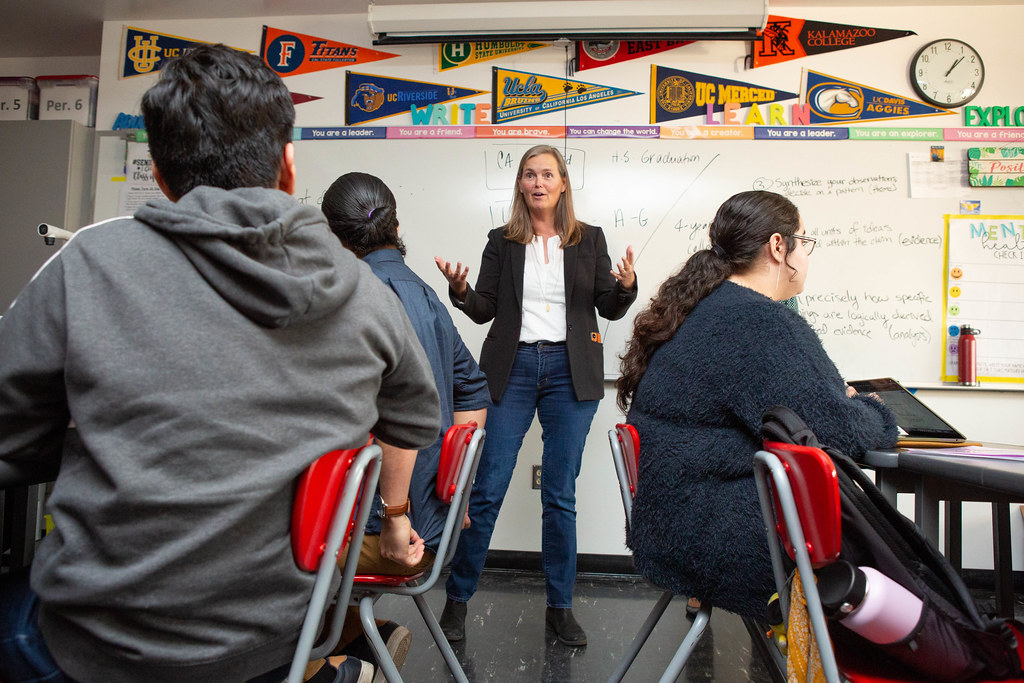When you sign up for Facebook, you get lists with hundreds of suggested friends from every school you’ve ever attended and every town in which you’ve ever lived. If just a few of them accept your requests, you get even bigger lists of possible mutual friends, and on and on until you could have thousands of people with whom to share things on Facebook. That means you just made a bunch of new friends, right? It’s not quite so simple. Facebook and other social media sites illustrate how connection in the digital age can be so difficult to achieve, as digital communication sometimes makes it harder to really get to know the people around you.
Convenience is the name of the game in modern communication. Email lets us send and receive messages in the blink of an eye. Before, people had to wait days (if not months) for the post office to sort and mail letters. Texting lets us communicate with friends from across the globe for practically nothing. Before, people had to pay for expensive long-distance calls. Social media sites like Twitter and Facebook make it even easier to send messages to thousands of people at the same time, all at no cost.
With messages and friend requests so extensively thrown around, you’d expect modern societies to be the most connected societies ever. It turns out that the opposite is true. More people are reporting feeling lonely than ever before, leading some scientists to consider it a health epidemic. From 1970 to 1980, studies estimated the number of Americans who reported feeling regularly lonely was 11-20 percent; now, the rate has risen to 40-45 percent. Much of this problem, to be sure, is caused by our increasing lack of tight-knit communities and towns. But John Cacioppo, a researcher at the University of Chicago studying loneliness, sees social media playing a role, as “many of those face-to-face connections have been replaced with social networking.”
The counterintuitive nature of internet-age friendship – seemingly more connections with less depth and less genuine emotional connection – can be especially difficult for those who have trouble connecting with others. In the social media world, it’s hard to know where you really stand. Do you have six hundred friends, or do you really only have three? You can have hundreds eager to read something funny from you so they can share it with hundreds more, and yet still have only a few good friends with whom you’d want to spend time. This confusion can sometimes make social media a detriment more than a help.
Social media isn’t a problem itself. It is one of the most effective tools ever created for finding people who you might know or share interests with. The question is how to use it. When Facebook is used as a way to meet up with new people and share new experiences, it becomes a great way to connect with others. When Facebook begins to replace your everyday social interactions, however, it can leave you worse off. It can make things seem better even as you’re sharing your true feelings with others less and less.
It certainly is possible to have real connection in a world of cell phones and email. We just need to change our attitudes about social media. We need to understand that it isn’t a replacement for the kind of deeper connections we crave, or even for casual hanging-out; it is just a tool for staying in touch. It can help update you about the friends you haven’t seen in a while, but it’s a bad way to try to really get to know someone. The next time you’re on social media and you’re checking out the profile of friend you haven’t seen in a while, consider making that connection more fulfilling by giving them a call or even setting up a time to see them in person.
Perhaps one of the best ways we can connect in the social media age is by taking breaks from our online activities. Spending a day with friends or family, or even a day doing something charitable like volunteering, can give us deeper social connections than anything we get online. There is plenty of time to explore the endless connections we gain from social media; sometimes, we just need to slow down and focus on really, truly connecting with someone.

















